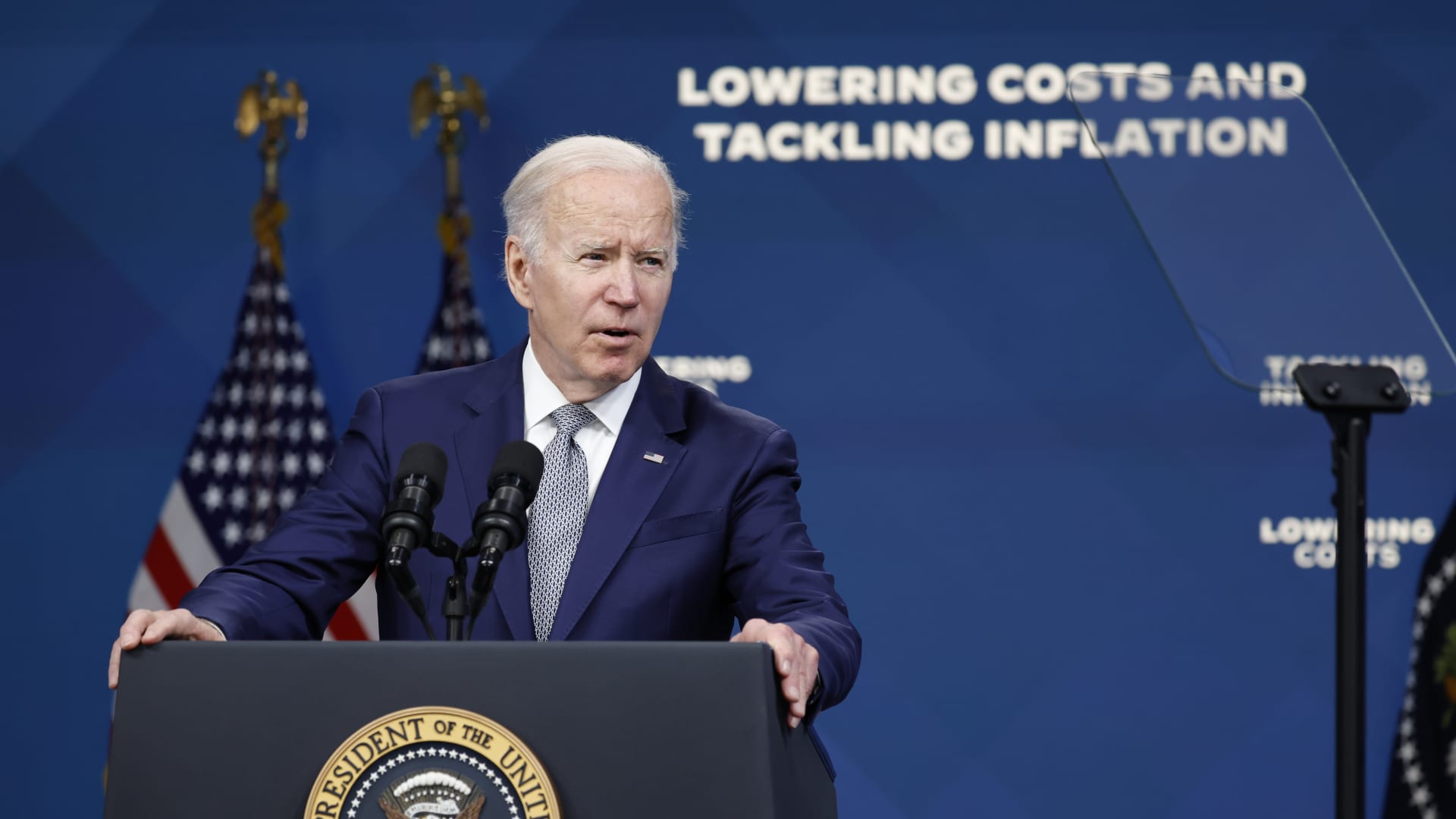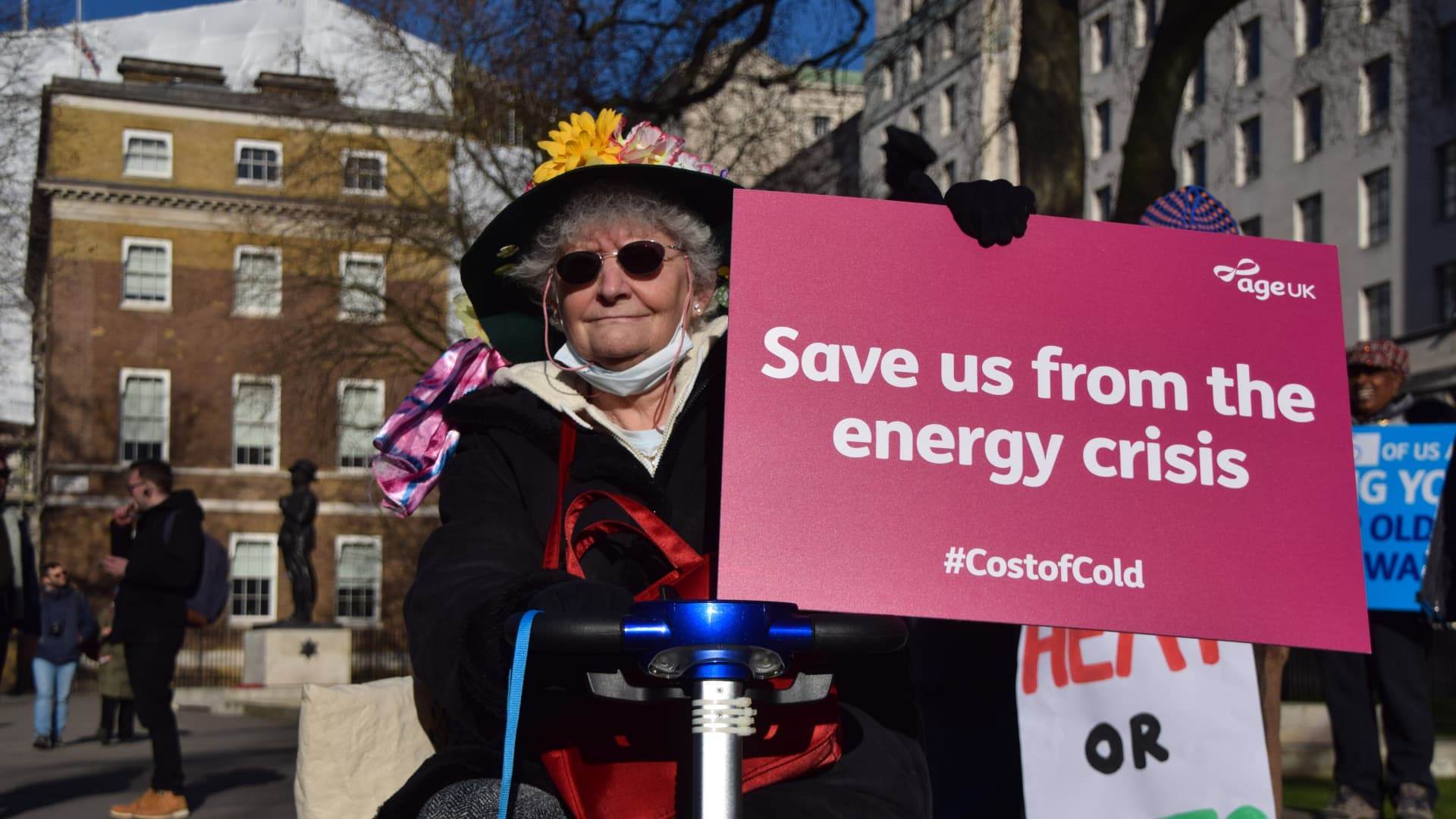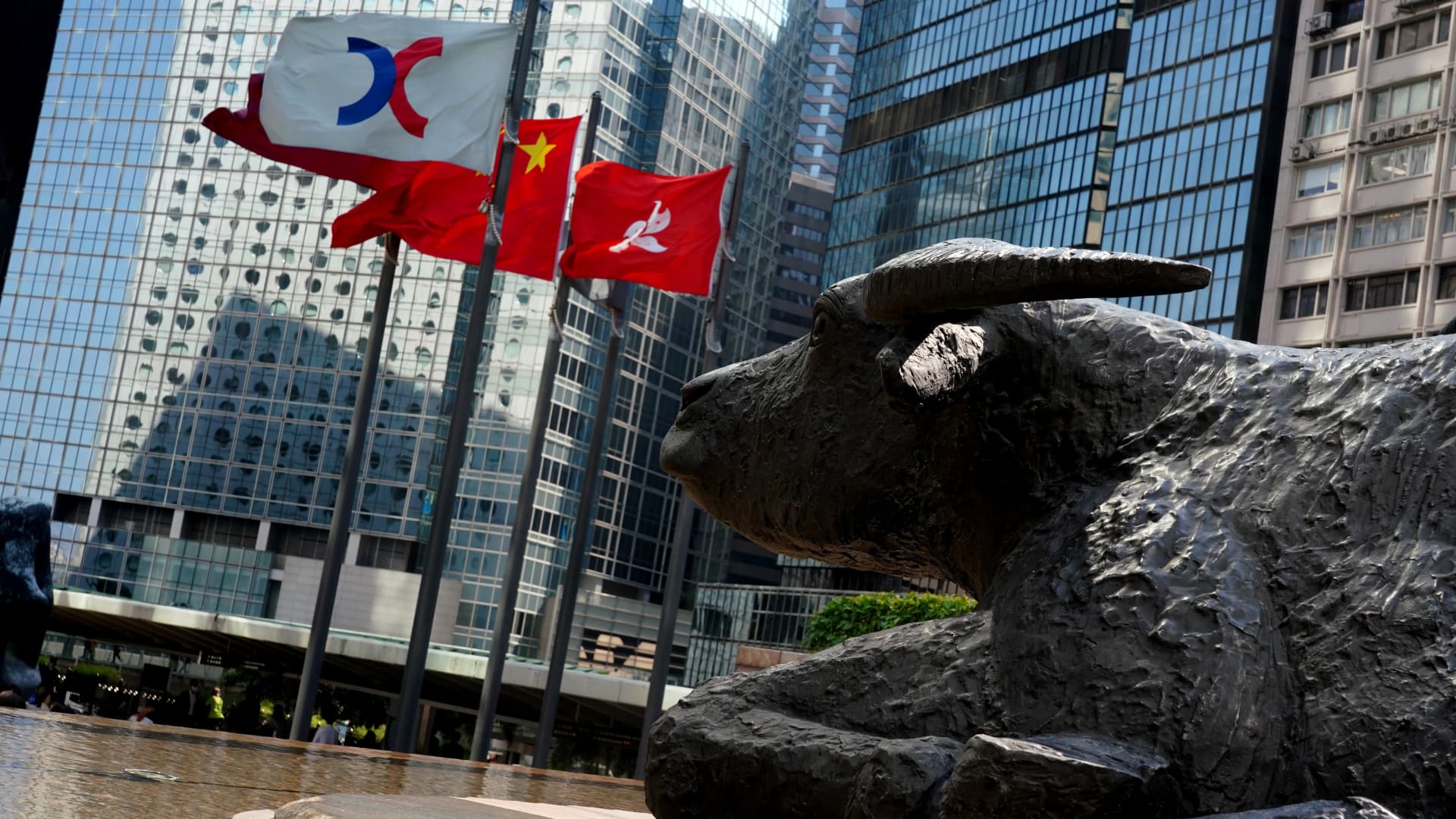London-listed Russian stocks are collapsing, with trading now suspended
The London Stock Exchange has suspended trading in 27 Russian-linked companies, including its largest lender Sberbank and energy giant Gazprom.

An employee views a FTSE share index board in the atrium of the London Stock Exchange Group Plc's offices in London, U.K., on Thursday, Jan. 2, 2020.
Bloomberg | Bloomberg | Getty Images
LONDON — The London Stock Exchange has suspended trading in 27 Russian-linked companies, including its largest lender Sberbank and energy giant Gazprom.
Other companies blocked from trading in London include Lukoil, Polyus and EN+, while the subsidiary of VTB, Russia's second-largest bank, was suspended last Friday.
"The FTSE Russell index business has removed Russian listings from its indices, the London Stock Exchange has suspended trading in (27) Russian listed securities," London Stock Exchange CEO David Schwimmer told CNBC on Thursday.
"Our World-Check business is actively updating its database round the clock as new sanctioned individuals are being added to that database, so this is something that we are doing across the business, actively working with regulators to implement those sanctions."
The London-listed stocks of Russian companies have plummeted since the invasion of Ukraine and ensuing crippling economic sanctions on the country's businesses, institutions and individuals by the U.S. and its western allies.
Russia's London-listed stocks had lost almost all of their value by the time the suspension was announced on Thursday. Sberbank was down 99.72% year-to-date to trade for around a single penny on Wednesday, while Gazprom was down 93.71%, Lukoil 99.2%, Polyus 95.58%, Rosneft 92.52% and EN+ 20.51%.
Russia's attack on Ukraine has escalated over the past week, laying siege to multiple major cities while encountering fierce Ukrainian resistance.
Explosions hit the capital city of Kyiv on Thursday as fighting entered its second week, while Russian troops entered the strategic port city of Kherson, while Kharkiv and Maripol also experienced heavy shelling on Wednesday.
The mounting package of measures effectively prohibits western investors from doing business with the Central Bank of Russia and freezes its overseas assets, not least the vast foreign currency reserves the CBR has used to smooth over depreciations in the value of local assets.
London has long been an offshore trading hub of choice for Russian oligarchs and businesses, though the LSE specified in its earnings report on Thursday that its operations in Russia and Ukraine only account for less than 1% of its total revenues.
Domestic markets in Russia have also been hammered, and the country's stock market remained largely closed for a fourth consecutive day on Thursday after the central bank suspended stock and derivatives trading in a bid to stem the selling.
The announcement from the London Stock Exchange came hours after MSCI pulled Russian stocks from its globally-watched indices, as western financial institutions move to further curtail flows of funding into Moscow.
Russian securities will be removed from MSCI's indices from next Wednesday at a price "that is effectively zero," the benchmark company said, as the benchmarking company reclassifies the MSCI Russia indexes under "Standalone Markets" rather than "Emerging Markets."
MSCI launched a consultation with global institutional investors on Monday, with an "overwhelming majority confirming that the Russian equity market is currently uninvestable," it revealed in a statement late on Wednesday.
"Consultation participants highlighted several recent negative developments that led to a material deterioration in the accessibility of the Russian equity market to international institutional investors, to such an extent that it does not meet the Market Accessibility requirements for Emerging Markets classification as per the MSCI Market Classification Framework," MSCI added.
Meanwhile LSE-owned FTSE Russell will remove Russian stocks from its indices before Monday's market open.

 Troov
Troov 
































